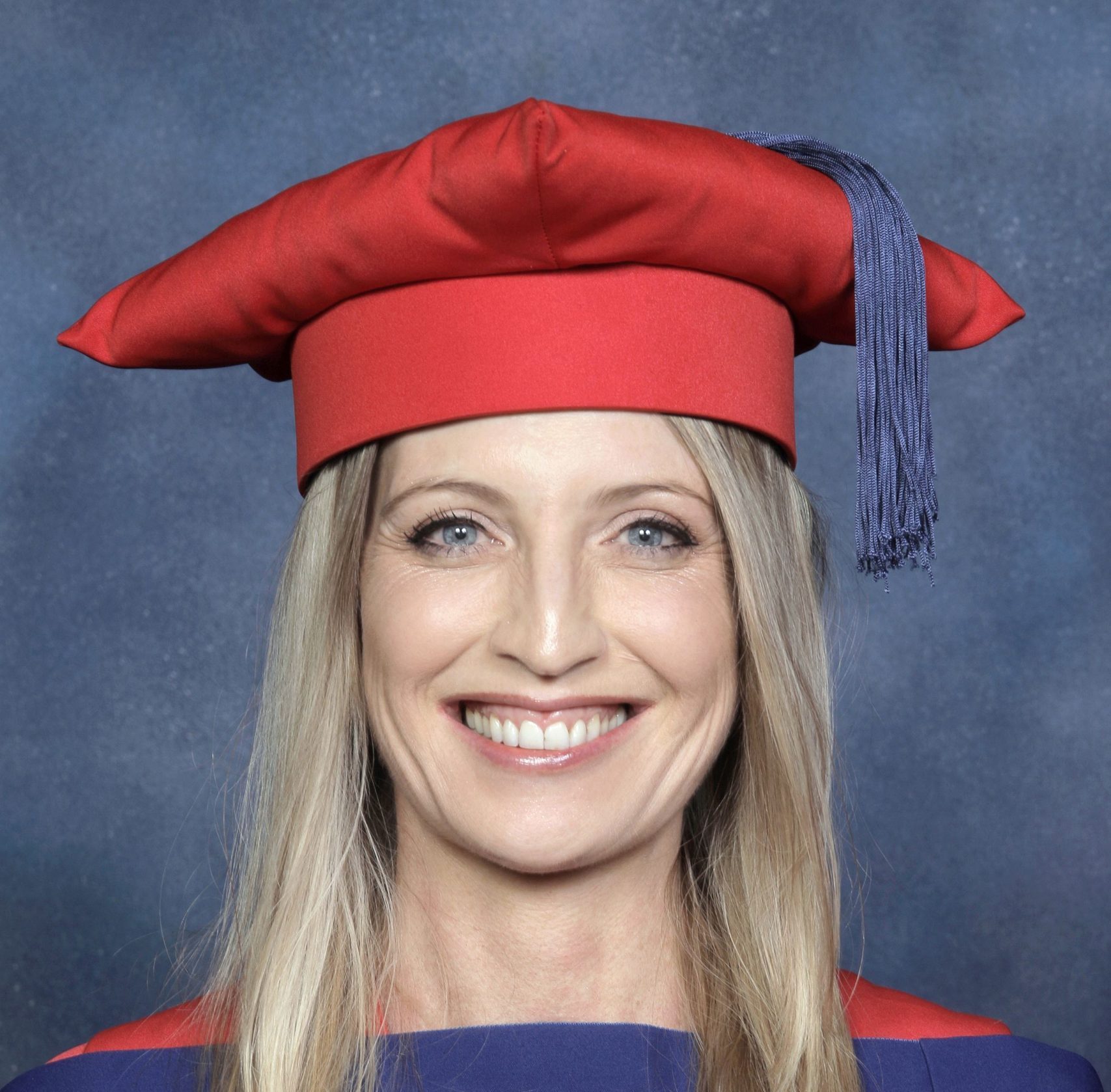A common misconception among doctoral students is that supervisors exist to provide answers. In reality, they are not there to solve every problem or make decisions for you; they are there to guide you in developing the skills to find those answers yourself. Understanding this distinction is crucial for anyone navigating a doctoral journey.
Supervisors Are Not Search Engines
Firstly, supervisors are not search engines. While search engines can deliver millions of results in seconds, a supervisor’s response often requires deeper thinking and reflection. For example, if you email, “Which theory should I use?” your supervisor might reply, “That depends on how you frame your research question.” This response encourages you to do the intellectual heavy lifting yourself. If supervisors simply provided answers, you would miss the opportunity to learn and grow as a researcher.
Supervisors Will Not Hold Your Hand
Secondly, supervisors will not hold your hand. They are not project managers or personal assistants; they are mentors and challengers. Deadlines, weekly reports, and late submissions are your responsibility. This freedom can feel intimidating at first, but it teaches independence; the hidden curriculum of your doctoral study. Your doctorate is not school. No one chases you, and no one manages your progress. The point is to learn to drive your own research journey.
Supervisors Train You to Handle Ambiguity

Thirdly, supervisors train you to handle ambiguity. The doctoral process often exists in grey areas, and conflicting advice is a normal part of research. Receiving feedback that does not always align forces you to sift through information, adapt, and make decisions independently. The ultimate goal is not to gain approval at every step but to develop the confidence to defend your own judgement; this is the transition from student to researcher.
Supervisors Reward Initiative, Not Obedience
Fourth, supervisors reward initiative, not obedience. They are not looking for students who follow instructions blindly but for those who engage critically with their research. For instance, submitting a lengthy draft without context may result in silence, whereas presenting your ideas and asking, “Which direction is stronger?” often yields meaningful feedback. Shifting your mindset from “What do you want me to do?” to “Here’s my direction; what do you think?” transforms your doctoral experience.
Supervisors Are Not Therapists
Finally, supervisors are not therapists. While academic support is part of their role, emotional challenges such as burnout, stress, or personal crises require other sources of support, such as peers, mentors, or professionals. Supervisors reflect your ideas back to you, refining them until they make sense. They are not there to solve personal problems, but to guide your academic growth.
In conclusion, if you feel stuck, confused, or challenged by vague feedback, you are not failing; you are growing as a doctoral scholar. When you embrace the role of your supervisor as a collaborator rather than a source of direct answers, you can navigate the doctoral journey more effectively. This mindset transforms “supervisor confusion” into supervisor collaboration, bringing you closer to the day when someone calls you Doctor.
This article was written by Dr Raymond Toga, an academic and Doctoral Learning Coordinator at The DaVinci Institute.




Leave a Reply